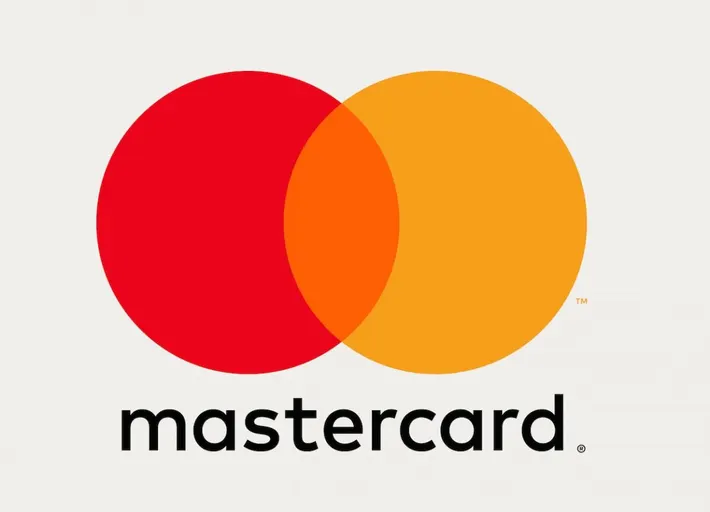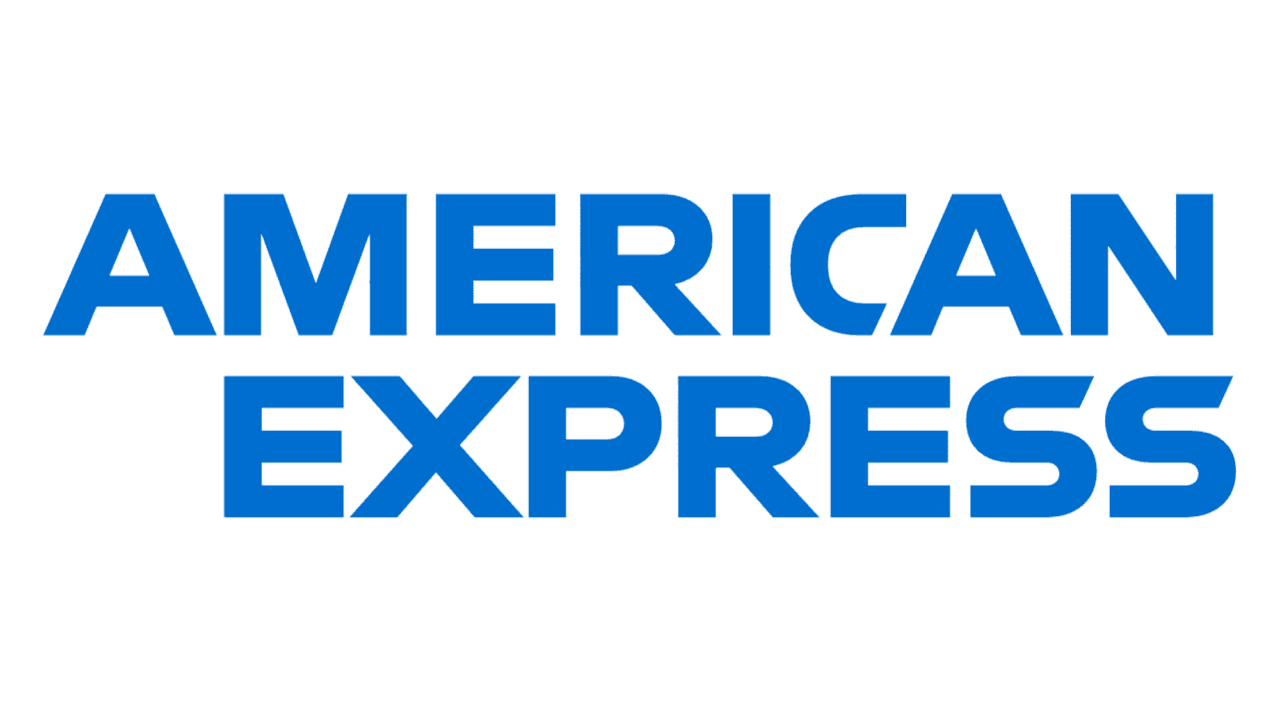What is a title loan or car title loan?
A title loan is a type of secured, short-term personal loan that allows you to borrow using your vehicle as collateral. A title loan is different from an auto loan that is used to purchase a vehicle. You can only obtain one if your automobile is paid for. The lender can repossess your car if you do not repay the loan.
How do car title loans work?
Title loans are a unique form of credit. They’re a little bit like the cross between an auto loan and a personal loan. They tend to be short-term loans, like a personal loan. But, they are tied to the value of your automobile, like an auto loan. However, title loans can’t help you buy a car. Instead, they are using the value of your automobile as collateral on the loan. And because it is a secured form of credit, you need to have a clear title to your car.
Expensive form of credit
Title loans are an expensive form of credit that can result in losing your automobile. Whenever possible, it’s preferable to go for an unsecured personal loan, even if it’s not cheaper. While they might help in some emergencies, explore other options like borrowing from family or friends, personal loans, or negotiating payment plans. Some banks and credit unions provide cash-out auto refinance loans, which could be much cheaper if your car meets their criteria.
What you will need to show
When you apply for a title loan, you basically need to prove three things:
- Who you are (your identity)
- That you have clear title to your car (meaning that you don’t owe any money on the car)
- That you have income that will allow you to repay the loan.
Loan amount
The company evaluates your car’s worth and typically offer a loan ranging from 25% to 50% of your car’s total value.
Loan terms
When a company offers you a title loan, they’ll outline its terms, including payment due dates, duration, and consequences if you miss payments. Some may also ask for larger, periodic payments during the loan’s life, known as balloon payments.
The offer will detail the associated fees, likely a finance charge or an interest rate. A finance charge is a fixed fee for the loan duration, while an interest rate is an ongoing charge based on your remaining balance. They usually have either a finance charge or an interest rate, but not both.
Read the terms of the loan carefully
Some disreputable title loan companies may intentionally make their terms obscure or difficult to understand. They may not clarify whether the interest rate is a monthly rate. Some may sneak a balloon payment in the terms that might be difficult for a borrower to repay. They might even restrict which forms of payment that they accept to induce late fees or defaults.
Other fees might include an origination fee, a documentation fee, or possibly additional insurance coverage for your automobile.
The title loan could be a small-dollar, short-term loan that is designed for you to repay within 30 days. Or, it could be a higher loan amount that would require more time for repayment.
Possible loss of your car
A critical aspect of a title loan is that if you struggle to repay, the company might repossess your car. Some companies go further, insisting on a GPS tracker and a remote ignition suppressor installation. These allow easy location and potential repossession of the vehicle if needed.
Regulations
Title loans are regulated by the state and so there are different rules depending on where you live. Those regulations determine the maximum charges, the loan term’s duration, and the rights of both lender and borrower. In certain states, title loan companies can sell repossessed cars for more than the remaining balance and keep the difference. They may even be able to repossess your automobile even if you only have one payment left. So, caution must be taken when taking a title loan.
How are title loans different than a personal loan?
Title loans and personal loans differ in two significant ways. First, title loans use your car as collateral. This means that if you fail to pay the loan back, they lender may repossess your car. Conversely, most personal loans are unsecured, which means you do not need to put up any collateral to obtain them. The second difference is that title loans usually require that you repay them in a lump sum or in balloon payments. Personal loans are usually paid in predetermined equal installments.
What do I need to apply for a title loan? How do you apply for a title loan?
Title loans typically don’t require traditional underwriting and therefore the lenders are unlikely to pull your credit report. The lender is likely to ask you for some or most of the following:
- Name
- Address
- Phone number
- Clear car title in your name
- Valid government ID
- May be asked to show proof of income
- Must be at least 18 years of age
- May need to prove full coverage auto insurance: this might be particular to higher loan amounts
How much can I borrow with a title loan?
Although many title loan providers advertise loans up to $10,000, not everyone qualifies for that amount. Typically, you can borrow between 25% and 50% of your car’s value.
How much do title loans cost?
Title loan companies have different ways of charging for their loans, so it is essential you pay close attention to the details before you sign. Almost all title loans carry high fees and so should be taken with caution.
Finance charges
Some title loan companies often charge a monthly finance fee of 25%. That means for every $100 that are held for a month would come with a $25 charge. Borrowing $1,000 would mean paying back $1,250 in a month.
The finance charge can often be paid monthly, but it is important to remember that this finance charge doesn’t actually pay down the principal. If you have a finance only payment, you are simply buying another month on the loan. It is possible to pay the finance charges indefinitely and never pay off the principal.
Fees like this are difficult to translate into an annual percentage rate (APR), but if you were to keep the loan for the full time it would annualize to 300% APR (25% × 12 months = 300%). It is important to realize that you are unlikely to actually spend 300% of your principal on interest since the loans are short-term. If you repeatedly roll over the title loan, the interest expense could get very expensive.
Interest rate
Other title loan companies charge an interest rate that is calculated daily on the existing balance. For most, the interest rate is stated as an annual percentage rate (or APR). This tells you what the interest rate would be for the entire year. However, some title loan companies simply tell you what the “interest rate” is without making it clear that the rate is a monthly rate.
It is essential to understand the nature of the interest rate being quoted. For instance, an 18% APR would mean that a $1000 loan paid over the course of a year would cost about $100 in total interest. If your interest rate was 18% per month (this would actually be 216% APR), the interest you would pay for that $1000 loan would be just over $1500. You would be borrowing $1,000, but your total payback would be $2,500. Monthly versus yearly interest rate makes a huge difference.
**It is uncommon for title loans to have an APR below 36% and it is very common for them to be significantly higher.
What fees do title loan companies charge?
When getting a title loan, watch for these potential fees or charges from the lender:
- Monthly finance charge: The monthly cost of the loan
- Interest rate: The charge on the remaining amount, often expressed as a yearly APR (or sometimes monthly)
- Document processing fee: Charge for handling your documents
- Loan origination fee: Fee for setting up the loan
- Prepayment penalties: Charges for paying off the loan early (usually means no savings by early payment)
- Roadside service plan: Fee for vehicle assistance
- Full coverage auto insurance: Additional insurance safeguarding your car’s value through the loan term
How much can I get for a title loan on my car?
The value of your car will determine the amount you can borrow with a title loan. Usually, you can borrow between 25-50% of the Kelley Blue Book value of the car.
How do I know if a title loan company is legit?
Unfortunately, there are some disreputable title loan companies out there. Some of them actually want you to default. That way they can repossess your car and sell it for a profit. Unscrupulous companies may even to get you to sign paperwork that you haven’t read. There have even been reports of some title loan companies that change loan agreements after they have been signed.
So, how do you know if you are dealing with a good company? First of all, you should see how long the company has been around. If they are new or don’t have reviews online, it might be that they are a shell company. Also, you should pay very close attention to the loan agreement. One red flag is if the sales representative’s explanation of the terms do not align to the agreement. Another red flag would be if the company will not let you take the loan agreement or makes it difficult to obtain a paper copy.
Are title loans a bad idea?
In one major state, a non-profit organization studied title loans. They found most of them required full payment in a lump sum, rather than in installments. More than 90% of those single-payment loans resulted in repeating the loan, or rolling it over. Over 60% needed to roll over the loan more than four times. Title loans look expensive at the beginning and could end up being 5 times more expensive than that by the time you’ve actually paid it off.
Even after making all those finance payments, the Consumer Financial Protection Bureau found that 1 in every 5 title loans resulted in the borrower’s automobile being repossessed. The odds are very good that you will pay much more than you expect and you might still lose your automobile
Common Questions
What are the monthly payments on a title loan?
Title loans often expect full repayment in one installment. If you can’t pay it off, you might need to extend the loan by paying the finance charge or interest for another month. This could lead to making monthly payments for a while without reducing the principal amount.
How long do you have to pay back a title loan?
With many title loans, you can take your time paying it back, but you need to keep making the finance fee payments to keep It active. Some companies see around 90% of their customers paying just the finance charge to extend their loan. Doing this frequently can make the title loan extremely costly without making any progress in paying it off.
In many circumstances, the challenge to paying a title loan back is that they require a full payment of the principal to pay off the loan. If you only have part of the payment, you have to resign for another month. If you are not careful, the finance charges can slowly bleed you dry as you try to pull together the principal payment.
What happens if I don’t pay my title loan?
If you don’t pay your title loan, your lender can–and most likely will-repossess your car. Title loan companies are motivated to sell cars to recoup losses due to defaults. They have extensive experience in taking possession of people’s cars. There are stories of title loan companies that will take years to track down and repossess a car.
Some title loan companies can be aggressive in seeking payment as well. While there are federally mandated limits to what a lender or debt collector can do to collect on a loan, some lenders are willing to push those limits.
How do you get out of a title loan without losing your car?
Once you default on your title loan, avoiding losing your car is unlikely. Only in rare cases, like when the car is inoperable, might a title loan company choose not to repossess it. Generally, if the company believes they can profit from selling the car, they’ll take it back.
What are the disadvantages of a title loan?
There are a few disadvantages to taking out a title loan which might cause you to decide to look at other options when you are looking to borrow money. Some of the most obvious disadvantages are:
- It is an expensive form of credit.
- Paying in full can be difficult which can disrupt your finances for an extended period of time.
- If you have trouble paying, you could lose your automobile. Title loan companies sell repossessed cars to offset defaults.
- Some companies can be aggressive when trying to get you to make your payments or when trying to collect the balance owed.
There are enough disadvantages of taking a title loan that you might be better off dealing with a financial emergency without any borrowing rather than risk losing your car.
Are title loans reported to the credit bureaus?
Title loans do not usually show up on a traditional credit report and so will not hurt your credit score. Because they don’t report to the big three credit bureaus (Experian, TransUnion, and Equifax), you will also not improve your credit score by successfully making payments.
It is possible that title loan companies will report to secondary credit bureaus. While these bureaus don’t contribute to your FICO credit score, defaulting might affect your ability to get credit through other non-prime lending companies.
Are title loans legal in all states?
Title loans are regulated by individual states and so there is a wide range of what is permitted. In many states, they are illegal. In another handful of states, there are restrictions on the fees they can charge. When looking into getting a title loan, it is important to understand what your state permits so you can protect yourself and understand your rights.






























